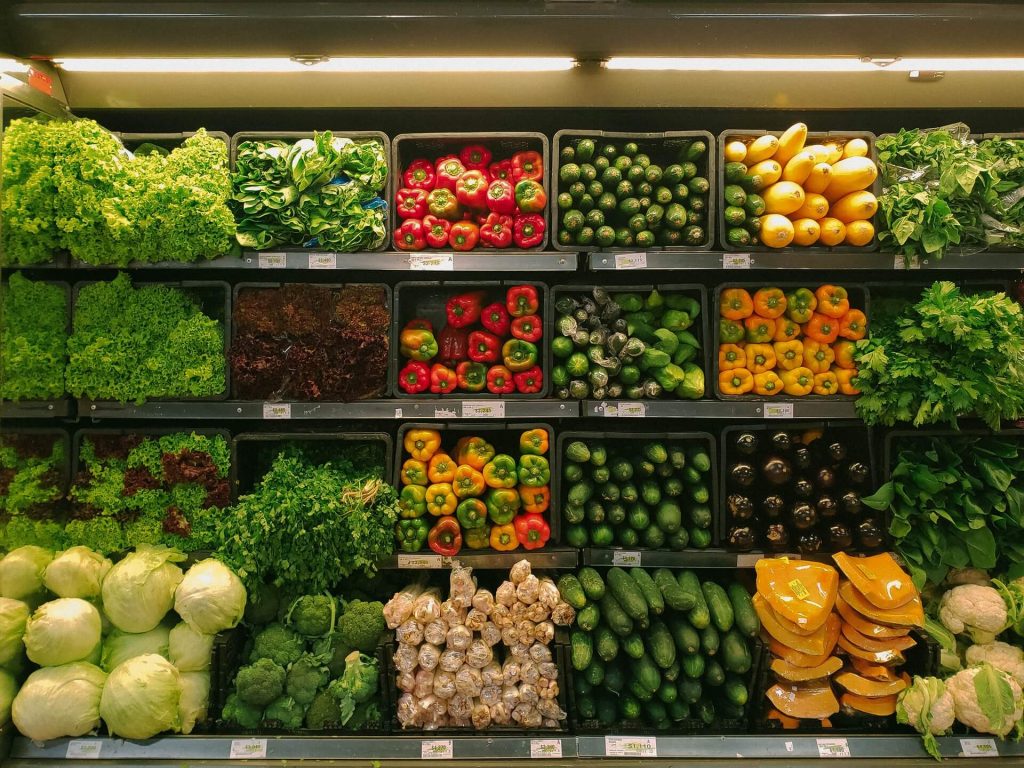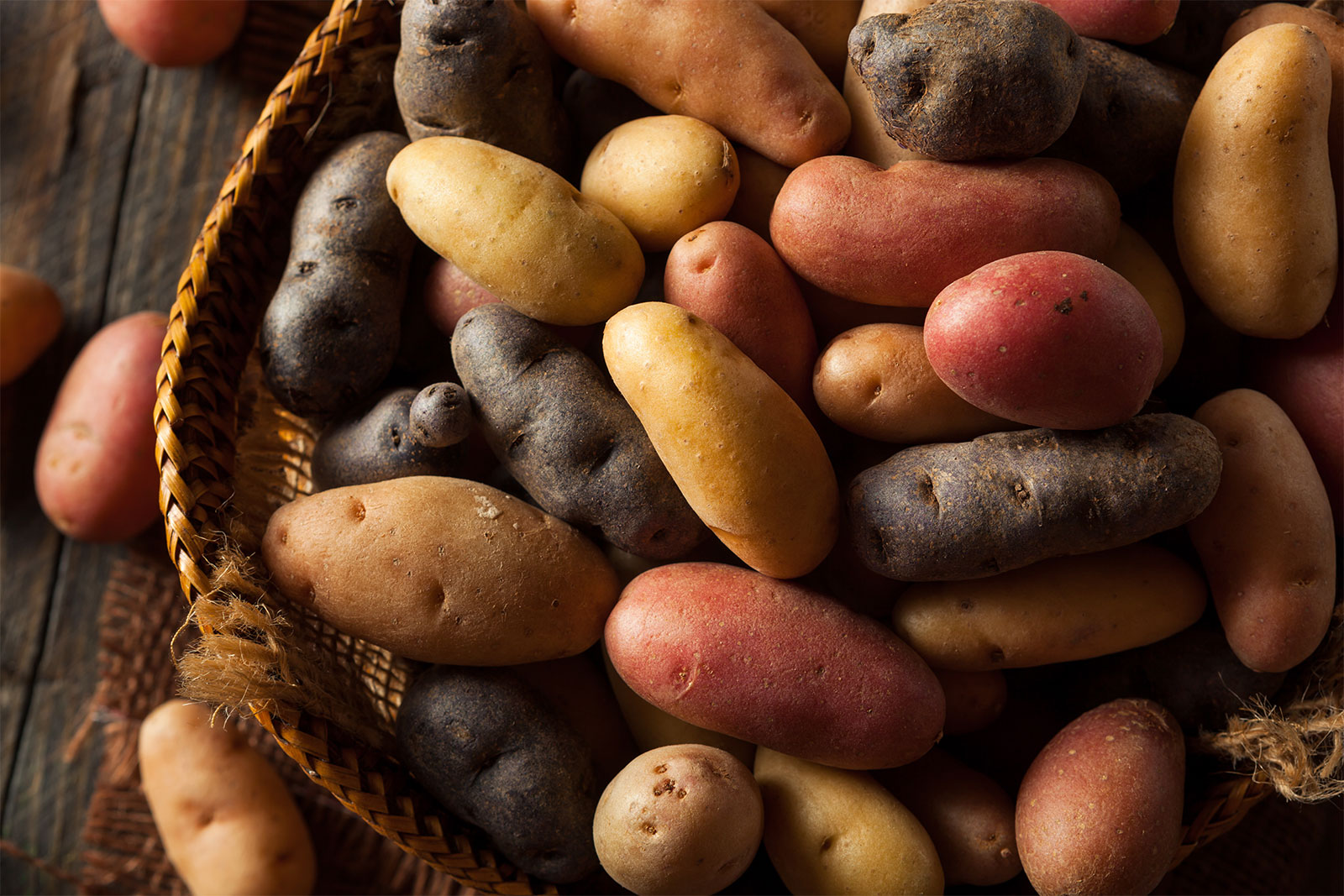The advantages of organic meals appear to be a shut situation to many promoters of a healthier lifestyle. Directly to them, these rewards certainly are a logical deduction. On the other side of the fencing, pundits of the current health trend jeer in gleeful mockery. They make an effort to invalidate this kind of boasts, saying that conventional food products are merely as wholesome.
Who ought to we feel?

Because organically cultivated food products are anywhere from 10 to 30 percentage higher priced than size-made food items, this matter comes with an effect on everybody’s billfold. After all, why devote the extra dollars if you find no difference in the top quality? Just before we make an attempt to resolve these bone fragments of contention, let’s first recognize exactly what makes foods organic and natural. Before 1940, there is no this sort of point as non-natural and organic foods. Alternatively, most food purchased in today’s food markets are low-natural. So what’s the difference? Naturally grown food items are produced employing old-created harvesting strategies. Non-organic and natural meals are designed employing contemporary farming methods.
Of course, not anything that is modern day is poor and never everything that is outdated-designed is useful. That said, here are a few differences among these 2 types of meals: Organic and natural farmers use organic fertilizers. Non-natural farm owners use chemical fertilizers. Organic farmers fight unwanted weeds making use of plant-hurting ingredients created in the surroundings, together with crop-rotation, mulch, and tilling. No-natural and organic farmers use artificial herbicides to remove unwanted weeds. Natural farm owners use natural pesticide sprays to combat pesky insects and disease. No-natural farmers use man-made insecticides.
In contrast to no-natural and organic food products, natural and organic food merchandise don’t have mono sodium glutamate, unnatural chemicals and sweeteners, preservatives, digesting assists, or added shading and types. Obviously, shading and flavors are added to size-made food products so they are appearance and taste far better. The billion dollars money question is: Are synthetic artificial additives harmful? Some say sure, some refuse. Even though the USDA concedes that organically produced create includes drastically much less pesticide residues, they would like for us to assume that they are too insignificant to be anxious over. Environmentalists contend that natural and organic farming rewards the surroundings, building a situation that this sort of farming conserves our h2o supply, keeps our earth, and lowers pollution. Almost all of those selecting without chemicals cultivated food items around non-natural meals state these foods are not only far more nourishing, but much more delightful too.

